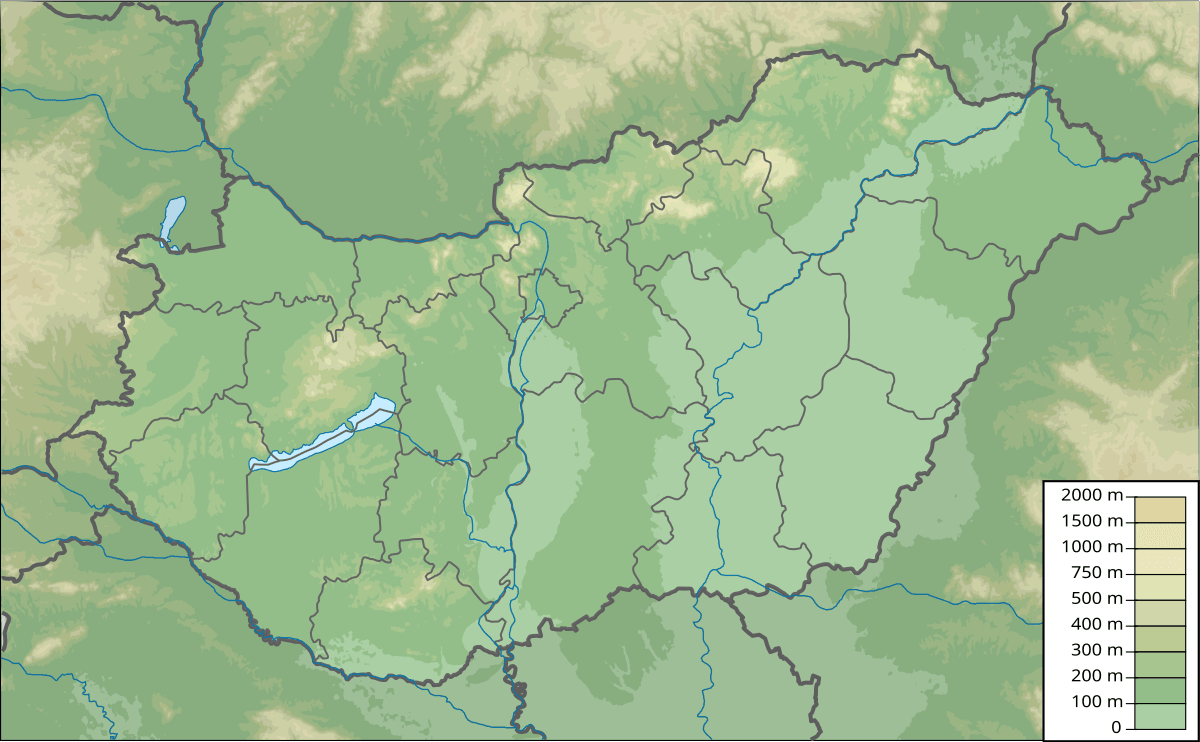In the early 1900s, a quiet farming village in Hungary became the backdrop for one of the most chilling and little-known stories of collective female resistance in modern history.
Nagyrev, located on the banks of the Tisza River, was like many rural European villages at the time—poor, isolated, and ruled by a deeply patriarchal order. But beneath the surface of domestic life, something far more radical was brewing. Between 1914 and 1929, dozens of women in the village were accused of poisoning their husbands and family members. The estimated death toll? Up to 160. At the centre of it all was a local midwife: Júlia Fazekas.
This is not a story of heroism or horror in black and white. It’s a complex, uncomfortable, and deeply human tale of oppression, desperation, and the lengths some women went to in order to survive.
The First World War had left its mark on Nagyrev. With men conscripted to fight, women took over the running of farms and households. Many found strength and independence in their new roles. But when the war ended and the men returned—often broken, violent, and entitled—the balance of power shifted again. What followed was a wave of domestic violence, forced marriages, alcoholism, and abuse.
And there was no way out.
Divorce was nearly impossible, and women had no legal rights over property or finances. Even speaking out about violence could lead to social ostracism or further harm. The law offered little help, and religious authorities turned a blind eye. Women were trapped.
The “Angel Maker” of Nagyrev
Enter Júlia Fazekas, a trained midwife and community figure. In a village where women had almost no autonomy, Júlia provided not just birth support, but abortions—illegal at the time—and, eventually, poison. She reportedly offered arsenic, made from boiled flypaper, to women who came to her in despair.
This wasn’t a one-off crime of passion. It was systematic. Women would administer the poison in food or drink, and when their abusive husbands or family members died, the deaths were usually attributed to illness—common in an area with limited access to healthcare and poor record-keeping.
According to historians, the local community and even the village doctor may have known what was going on. But the silence persisted for years, until a tip-off and exhumation in 1929 revealed the extent of the poisonings.
Desperation or Justice?
The case of the Nagyrev women challenges us to ask difficult questions: When all legal, religious, and social routes are closed off, what choices remain for women who live in fear? Was this mass act a form of social justice? Or simply murder?
Many historians suggest that these women were not cold-blooded killers but survivors who had exhausted every other option. As writer Patti McCracken notes in her book The Angel Makers, this was not simply about revenge—it was about reclaiming autonomy in a world that denied them basic human rights.
“They were given no way to escape, no path to protection, and no belief that they deserved better. So they took justice into their own hands.”
— Patti McCracken, The Angel Makers (2023)
A Pattern Repeated

Location of Nagyrév in Hungary
It’s tempting to view Nagyrev as a relic of a violent past. But gender-based violence continues to shape the lives of women around the world today.
In Australia, at least 26 women have been killed due to gender-based violence in 2024 alone, according to Destroy The Joint’s Counting Dead Women project. Globally, the UN reports that 1 in 3 women will experience physical or sexual violence in their lifetime.
And just like in Nagyrev, many women still face social, financial, and legal barriers to leaving abusive situations. In some cases, they're even punished for trying.
The Power of Naming
The women of Nagyrev were eventually arrested, tried, and 26 were convicted. But for decades, their story remained obscure—buried by shame and cultural discomfort around women who defied the rules.
Today, revisiting stories like these helps us challenge binary narratives of good and evil. It reminds us to ask what justice looks like when the systems meant to protect us fail.
Stories like this are why we still fight for:
- Safer pathways out of domestic violence
- Legal reforms that centre victim-survivors’ rights
- A justice system that doesn’t turn its back on women until it’s too late
Why It Matters Now
In a time when women's autonomy is under renewed threat in places like the United States—where reproductive rights are being rolled back—and in Afghanistan, where women are barred from education and public life, the echoes of Nagyrev are louder than ever.
The conditions may have changed, but the underlying question remains: what happens when society refuses to listen to women?
At SheThrives, we believe in amplifying stories like these—not because they’re comfortable, but because they are necessary. They force us to reckon with uncomfortable truths and to keep pushing for a world where no one needs arsenic to feel free.
Reflection: What can we do today?
- Support survivors—no matter what
Provide empathy, not judgement. Healing begins with genuine compassion. - Push for systemic change
Advocate for stronger domestic violence legislations and accessible justice. - Tell the full story
Share histories like Nagyrév—not to glorify, but to honour the complexity of women’s experiences.
